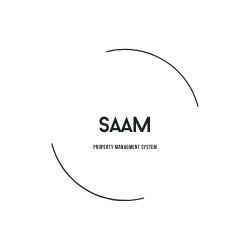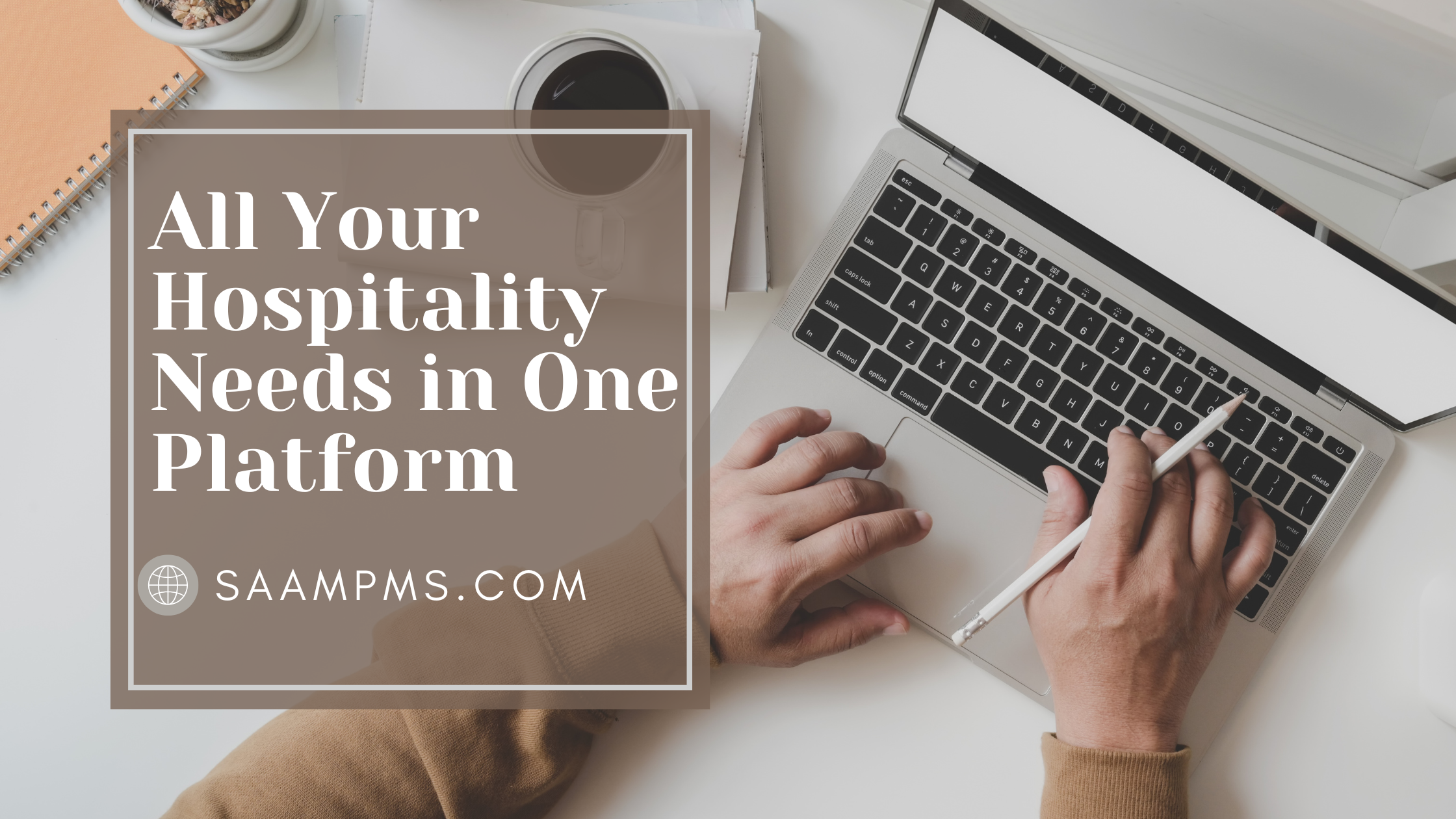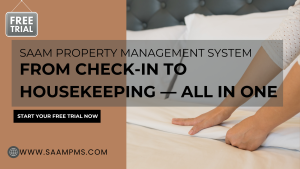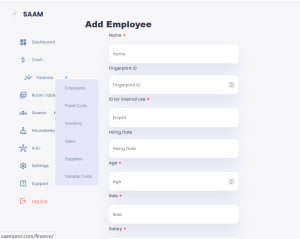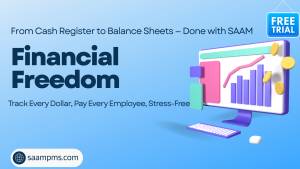Managing A Hotel With A Hotel Management System (HMS)
Managing a hotel is no small feat. With numerous operations happening simultaneously, hotel managers need efficient systems to ensure everything runs smoothly. This is where a hotel management system (HMS) comes into play. An HMS is essential for streamlining operations and enhancing guest experiences. In this article, we’ll explore the key functions of a hotel management system and how it can benefit your property.
What is a Hotel Management System?
A hotel management system is software that supports the administrative tasks of a hotel. It integrates various functions such as reservations, front desk operations, housekeeping, and billing into a single platform. By doing so, it optimizes hotel operations and provides a seamless experience for both staff and guests.
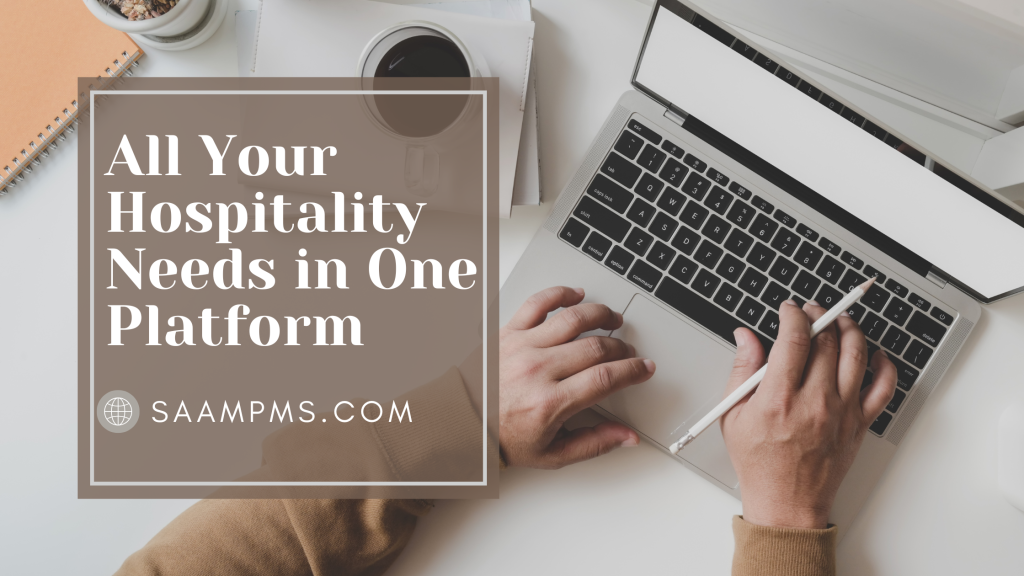
Core Components of an HMS
The core components of a hotel management system include modules for reservations, front desk management, housekeeping, billing, and reporting. Each module serves a specific purpose and works in tandem with others to ensure smooth operations. Understanding these components is crucial for leveraging the full potential of an HMS and addressing the unique needs of your property.
Benefits of Centralized Operations
By centralizing operations, an HMS reduces the complexity of managing multiple systems. This centralization minimizes the risk of errors and ensures that all departments work cohesively. Moreover, it allows for real-time data sharing across departments, enhancing communication and decision-making processes throughout the hotel.
Customization and Scalability
Modern hotel management systems offer customization options to cater to different types of properties, from boutique hotels to large resorts. Scalability ensures that the system can grow alongside your business, adapting to increased demands and changing operational requirements. This flexibility is vital for maintaining efficiency and competitiveness in a dynamic industry.
Reservations and Front Desk Management
Efficient Booking Processes
One of the primary functions of an HMS is managing reservations. The system allows hotels to accept bookings from multiple channels, such as the hotel website, online travel agencies, and direct calls. This centralization ensures that there are no double bookings and that room availability is always up-to-date.
An efficient booking process not only prevents overbooking but also optimizes room occupancy rates. By having an accurate overview of bookings, hotels can implement dynamic pricing strategies to maximize revenue. Furthermore, the integration of reservation data with marketing tools enables targeted promotions and personalized offers, attracting more guests.
Streamlined Check-In and Check-Out
A robust HMS simplifies the check-in and check-out processes. It automates guest registration, allocates rooms based on preferences or availability, and manages billing efficiently. This reduces wait times for guests and minimizes human error at the front desk.
Automated check-in processes allow guests to skip long queues and enter their rooms with minimal hassle. Features like mobile check-in or self-service kiosks provide guests with flexibility and convenience. On the flip side, a streamlined check-out process ensures that billing is transparent and accurate, enhancing guest satisfaction and encouraging positive reviews.
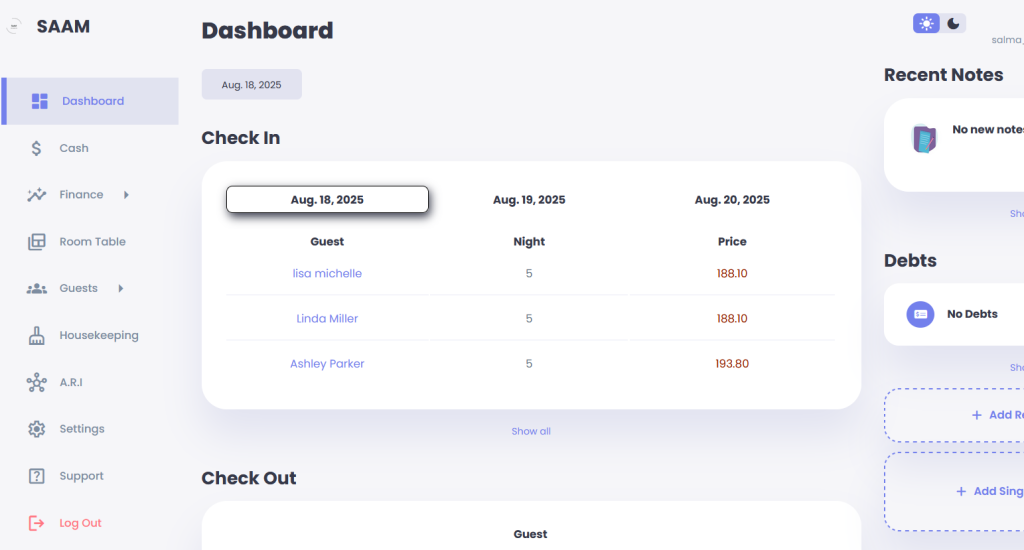
Enhancing Guest Interaction
The front desk is often the first point of contact between the hotel and its guests. An HMS enhances this interaction by providing staff with immediate access to guest information and preferences. This enables personalized greetings and service, creating a welcoming atmosphere right from the start. Additionally, the system can track guest interactions, helping staff anticipate needs and exceed expectations during their stay.
Housekeeping Management
Task Scheduling and Tracking
Housekeeping is a critical aspect of hotel operations management. An HMS helps in scheduling cleaning tasks and tracking room status. It updates the housekeeping team in real-time about which rooms are vacant and which need cleaning. This ensures that rooms are ready for new guests promptly.
Efficient task scheduling optimizes housekeeping workflows, ensuring that resources are allocated where they are most needed. Real-time updates prevent miscommunication and ensure that the housekeeping team can respond swiftly to changes in room status. By maintaining a high standard of cleanliness, hotels can significantly enhance guest satisfaction and loyalty.
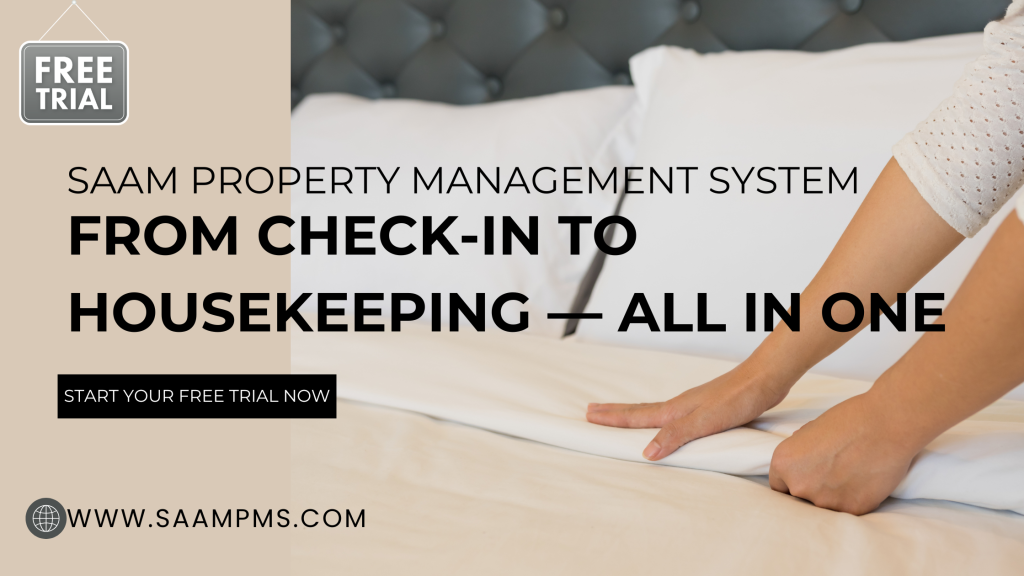
Inventory Control
An HMS also aids in managing housekeeping supplies. By tracking inventory levels, the system alerts staff when items need restocking. This prevents shortages and ensures that the housekeeping team always has the necessary supplies on hand.
Effective inventory control minimizes waste and reduces costs associated with overstocking or emergency purchases. The system can generate reports on usage patterns, helping management make informed decisions about procurement and budget allocation. Additionally, by maintaining optimal inventory levels, hotels can ensure that guests consistently receive high-quality service without interruptions.
Quality Assurance and Feedback
Quality assurance is an integral part of housekeeping management. An HMS allows hotels to set cleanliness standards and conduct regular audits to ensure compliance. The system can also capture guest feedback related to cleanliness, providing valuable insights for continuous improvement. By addressing issues promptly, hotels can maintain a reputation for excellence and attract more guests.
Billing and Invoicing
Accurate Financial Management
Handling billing can be complex, especially with additional guest services like room service or spa treatments. An HMS integrates all charges into a guest’s final bill,Accurate Financial Management
Handling billing can be complex, especially with additional guest services like room service or spa treatments. An HMS integrates all charges into a guest’s final bill, ensuring accuracy. This integration reduces discrepancies and provides a clear financial overview for both guests and hotel management.
Accurate financial management is crucial for maintaining guest trust and satisfaction. An HMS ensures that every transaction is recorded and accounted for, reducing the likelihood of billing disputes. The system can also generate financial reports that provide insights into revenue streams, helping hotels identify profitable services and areas for growth.
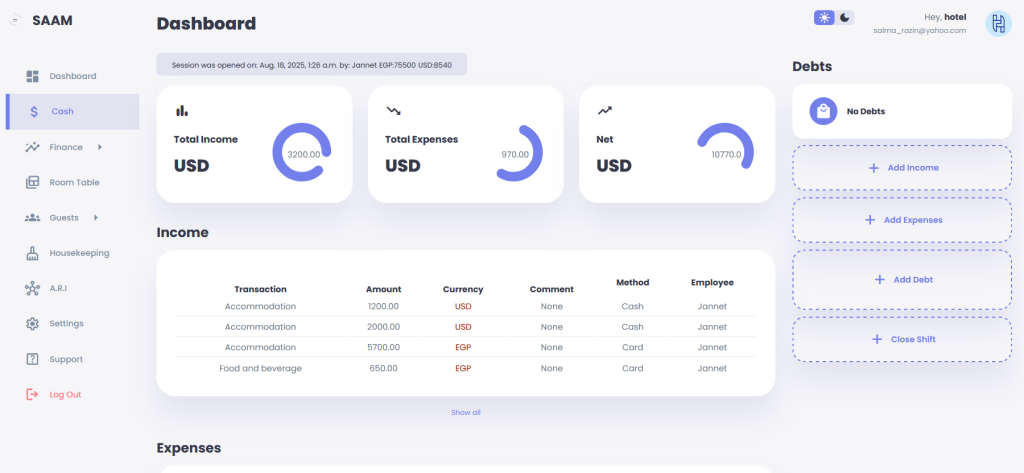
Simplified Payment Processing
The system supports various payment methods, including credit cards, digital wallets, and cash. By offering multiple payment options, hotels can cater to diverse guest preferences, making the payment process seamless and convenient.
Simplified payment processing enhances the guest experience by providing flexibility and ease of use. An HMS can integrate with secure payment gateways, ensuring that transactions are protected and compliant with industry standards. This not only safeguards guest information but also builds trust and confidence in the hotel’s services.
Financial Reporting and Analysis
Comprehensive financial reporting is a key function of an HMS. The system can generate detailed reports on revenue, expenses, and profitability, helping management make informed decisions. By analyzing financial data, hotels can identify trends, optimize pricing strategies, and allocate resources effectively. Regular financial analysis is essential for maintaining a healthy bottom line and achieving long-term success.
Reporting and Analytics
Data-Driven Decisions
An HMS provides valuable insights through detailed reports and analytics. Managers can track occupancy rates, revenue, guest demographics, and more. By analyzing this data, hotels can identify trends, make informed decisions, and develop strategies to improve operations and guest satisfaction.
Data-driven decisions are crucial for staying competitive in the hospitality industry. An HMS enables hotels to leverage data for strategic planning, marketing, and operational improvements. By understanding guest preferences and behavior, hotels can tailor their offerings and create unique experiences that resonate with their target audience.
Performance Monitoring
Regular reports help in monitoring staff performance and identifying areas for improvement. By understanding which areas are under performing, management can take corrective actions to enhance overall efficiency and productivity.
Performance monitoring is vital for maintaining high service standards and achieving operational excellence. An HMS provides metrics on staff productivity, allowing management to recognize top performers and address performance gaps. By fostering a culture of continuous improvement, hotels can motivate their teams and deliver exceptional service consistently.
Predictive Analysis and Forecasting
Advanced analytics features in an HMS enable predictive analysis and forecasting. By analyzing historical data, the system can predict future trends and demand patterns. This foresight allows hotels to prepare for peak seasons, optimize staffing levels, and adjust pricing strategies accordingly. Predictive analysis empowers hotels to make proactive decisions and capitalize on emerging opportunities.
Guest Experience Enhancement
Personalized Services
An HMS stores guest information and preferences, allowing hotels to offer personalized services. Whether it’s remembering a guest’s preferred room type or their favorite pillow, these small touches can significantly enhance the guest experience and foster loyalty.
Personalized services create memorable guest experiences that differentiate a hotel from its competitors. By using guest data effectively, hotels can anticipate needs and exceed expectations, leading to positive reviews and repeat business. An HMS facilitates personalized communication, enabling hotels to send tailored offers and recommendations that resonate with individual guests.
Communication and Feedback
The system facilitates communication between the hotel and its guests. Guests can make requests or provide feedback through the platform, ensuring that their needs are promptly addressed. This real-time communication enhances guest satisfaction and encourages repeat visits.
Effective communication is key to building strong guest relationships. An HMS enables seamless interaction through multiple channels, such as mobile apps, email, or SMS. By actively listening to guest feedback and addressing concerns, hotels can demonstrate their commitment to service excellence and continuously improve their offerings.
Enhancing Loyalty Programs
An HMS can integrate with loyalty programs, providing guests with personalized incentives and rewards. By tracking guest stays and preferences, hotels can tailor loyalty benefits that align with individual interests. This approach not only enhances guest satisfaction but also encourages repeat visits and referrals, contributing to a loyal customer base and increased revenue.
Integration with Other Systems
Seamless Connectivity
A modern HMS can integrate with other property management tools and technologies, such as customer relationship management (CRM) systems and point of sale (POS) systems and also smart room systems.This integration ensures that all operations are interconnected, providing a holistic modern view of the hotel’s performance.
Seamless connectivity between systems streamlines operations and enhances data accuracy. An integrated HMS allows for real-time data sharing across departments, improving communication and collaboration. This inter connections enables hotels to provide a cohesive guest experience and optimize resource utilization effectively.
Future-Proof Technology
As technology evolves, so do guest expectations. An adaptable HMS can incorporate new features and updates, ensuring that the hotel remains competitive in the ever-changing hospitality industry.
Future-proof technology ensures that hotels can adapt to technological advancements without disruption. An HMS that supports integration with emerging technologies, such as IoT devices or AI-driven solutions, positions a hotel as an industry leader. By embracing innovation, hotels can enhance their offerings and meet the evolving needs of tech-savvy guests.
Enhancing Operational Efficiency
By integrating with various systems, an HMS can automate routine tasks and reduce manual intervention. This automation enhances operational efficiency, allowing staff to focus on delivering exceptional service. An interconnected HMS also provides valuable insights into overall performance, helping management identify areas for improvement and continuously optimize processes.
Why SAAM PMS?
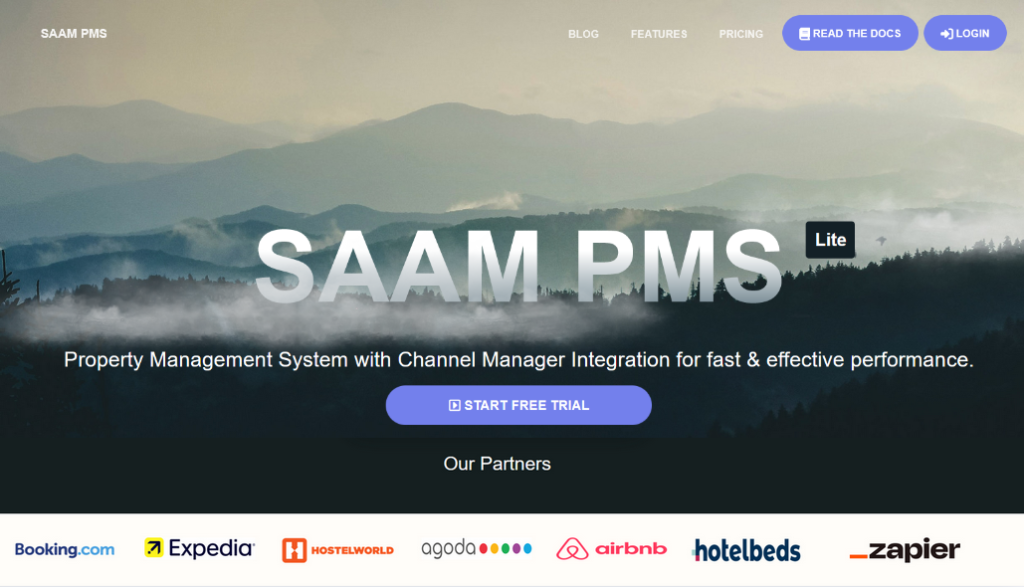
When considering a hotel management system, SAAMPMS stands out as a leading choice. This platform offers seamless integration with various property management tools, ensuring that your hotel operations run smoothly and efficiently. it is known for its user-friendly interface, robust features, and ability to adapt to different property types including :
- Online Booking Engine: Allows guests to book rooms directly on the hotel’s website, displaying real-time availability and rates.
- Channel Management: Connects to various online travel agencies (OTAs) and other distribution channels to manage inventory and bookings across different platforms.
- Reservation Management: Handles bookings, modifications, cancellations
- Guest Profiles: Stores guest information and preferences for personalized service and repeat business.
- Check-in/Check-out: Streamlines the process of guest arrival and departure.
- Communication: Facilitates communication with guests through various channels.
- Loyalty Programs: Integrates with loyalty programs to manage rewards and special offers.
- Front disk operations : Manages room assignments, guest requests, and other front desk tasks.
- House keeping management : Tracks room cleaning status and schedules housekeeping tasks.
- Inventory Management: Manages room availability, amenities, and other resources.
- Reporting and Analytics: Generates reports on bookings, revenue, occupancy, and other key performance indicators.
- Integration with Other Systems: Connects with channel managers,Zapier, and other software systems.
- Multi-Property Support: Enables management of multiple hotels or properties from a single system.
- Finances and Human Resources Management :cash registration with your chosen authorized employees and employees payroll and attendance tracking
Conclusion
By investing in a robust HMS, hotels can improve their operational efficiency and stay ahead in the competitive hospitality landscape. Whether you’re managing a small boutique hotel or a large resort, understanding the functions of a hotel management system is crucial for success.
The strategic implementation of an HMS not only boosts operational efficiency but also elevates guest satisfaction and loyalty. As the hospitality industry continues to evolve, staying abreast of technological advancements and leveraging an adaptable HMS can set your property apart from the competition. By prioritizing guest experiences and operational excellence, hotels can achieve sustainable growth and long-term success.
You Can Also Read https://blog.saampms.com/2025/08/11/hospitality-payroll-software/
For More Information Please Visit https://saampms.com
